How VR Training Solutions are Revolutionizing Industrial and Corporate Training
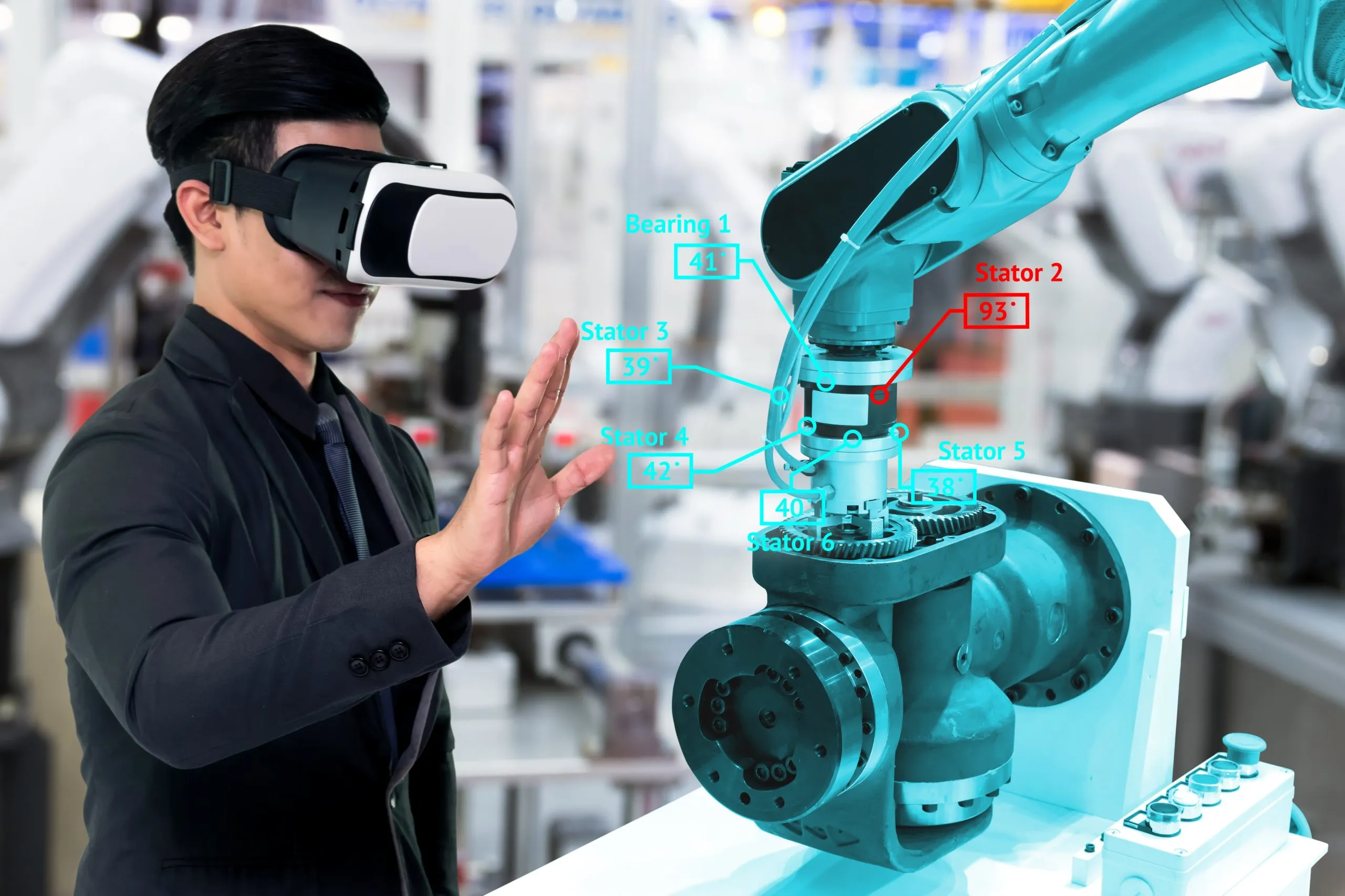
Virtual reality (VR) training solutions are revolutionizing the way organizations train their employees, providing a wide range of benefits that traditional training methods cannot match. By immersive training in realistic simulations of real-world scenarios, VR technology is providing a more effective and engaging training experience. As a result, organizations that are adopting VR training solutions are seeing significant benefits in terms of increased employee productivity, reduced training costs, and improved safety.
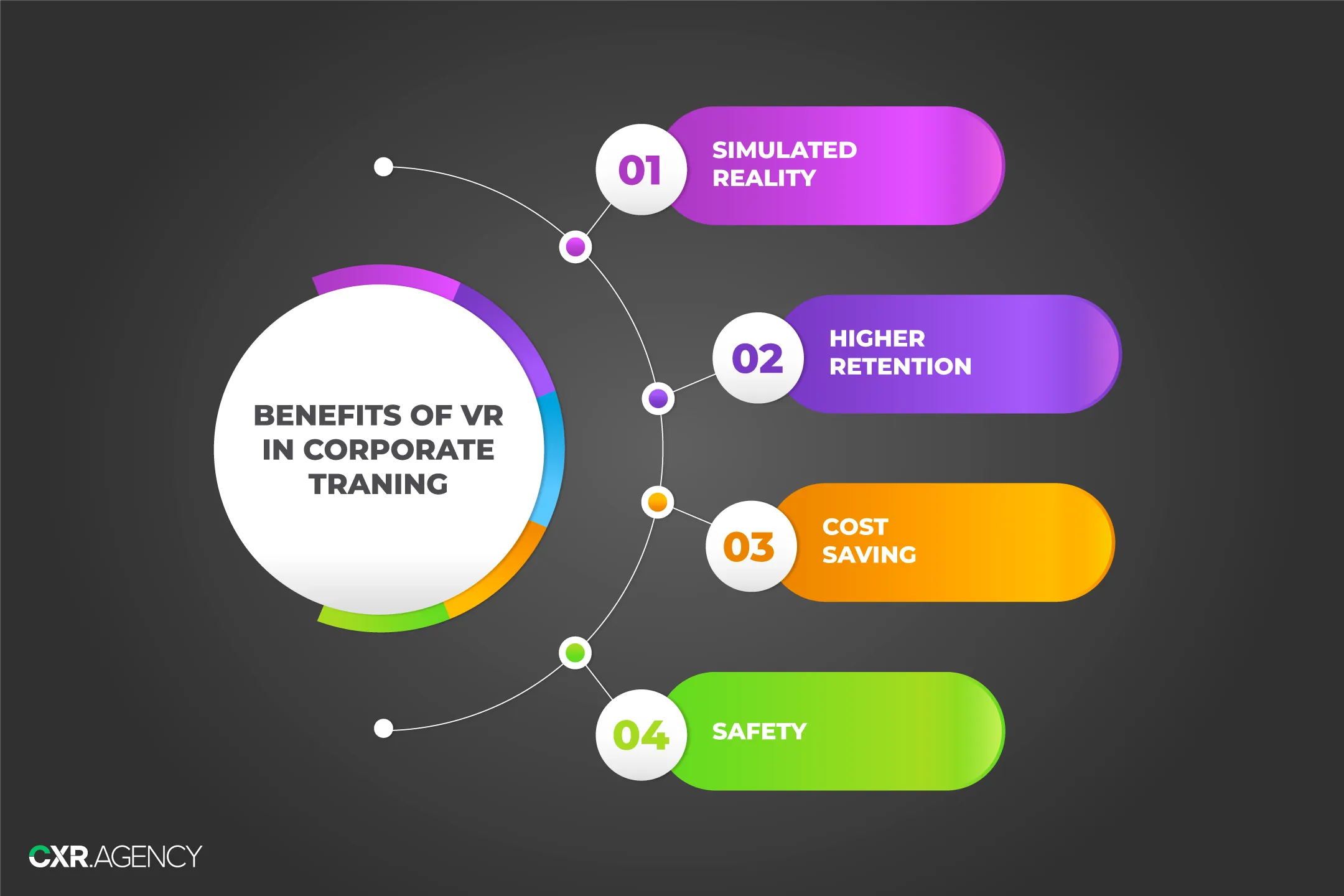
One of the major benefits of VR training solutions is the ability to create immersive learning, realistic simulations that closely resemble the work environment. According to Deloitte, “VR allows for the creation of highly realistic and engaging simulations that can closely replicate the conditions of the real-world work environment, providing a level of immersion and engagement that is difficult to achieve with traditional training methods.” This immersive experience allows employees to learn and practice skills in a safe, controlled environment before applying them on the job.
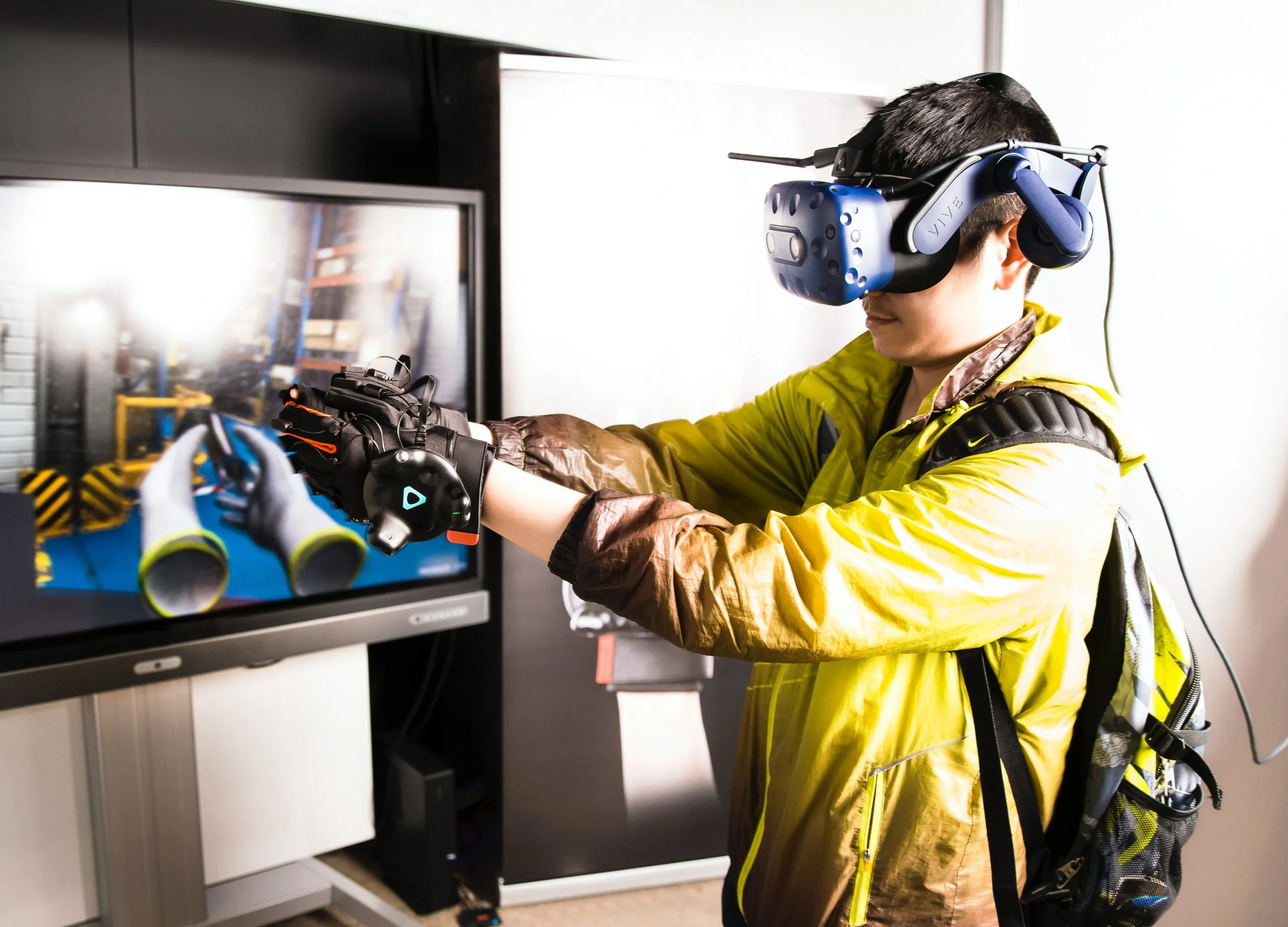
Another benefit of VR training solutions is the ability to improve retention of information. VR training leads to a higher retention of information and a better transfer of knowledge to the job, compared to traditional training methods. This is because VR training allows employees to actively engage with the material, rather than passively listening or reading.
VR training solutions allow organizations to provide more personalized and interactive training experiences. Trainees can interact with virtual environments and simulations in a way that is not possible with traditional training methods. This leads to a more engaging and effective learning experience.
VR technology is also enabling organizations to save money on training costs. Traditional training methods such as in-person classes and equipment rental can be costly. VR, on the other hand, allows organizations to train employees in a virtual environment at a fraction of the cost. As stated in a report by MarketsandMarkets, “Adoption of VR technology in the training and education sector is expected to reduce the overall cost of training and development for organizations.”
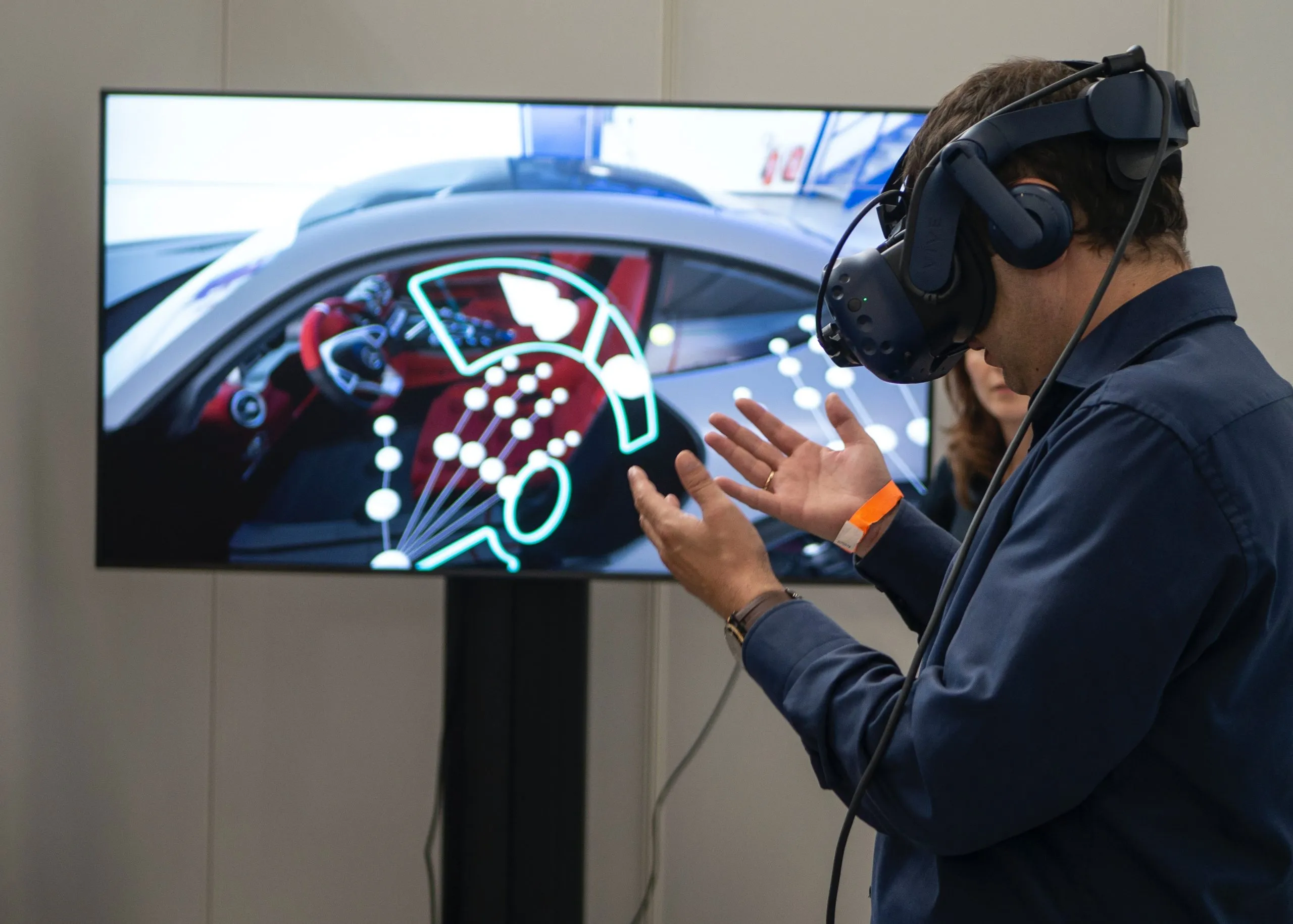
Another key benefit of VR training solutions is its ability to improve safety. VR training allows employees to practice working with dangerous equipment or in hazardous environments, without the risk of injury. This can be especially beneficial for industries such as construction or manufacturing, where safety is a major concern. VR training can help reduce injuries by up to 43% in high-consequence workplaces, Capgemini reports.
VR technology is being adopted by a wide range of organizations, from healthcare and construction to retail and hospitality. For example, Walmart has implemented VR technology to train its employees on various aspects of the job, such as customer service and handling hazardous materials. According to Walmart CEO Doug McMillon, “We’re using VR to train our associates on new technology and processes, like using handheld scanners to check prices and inventory levels.”
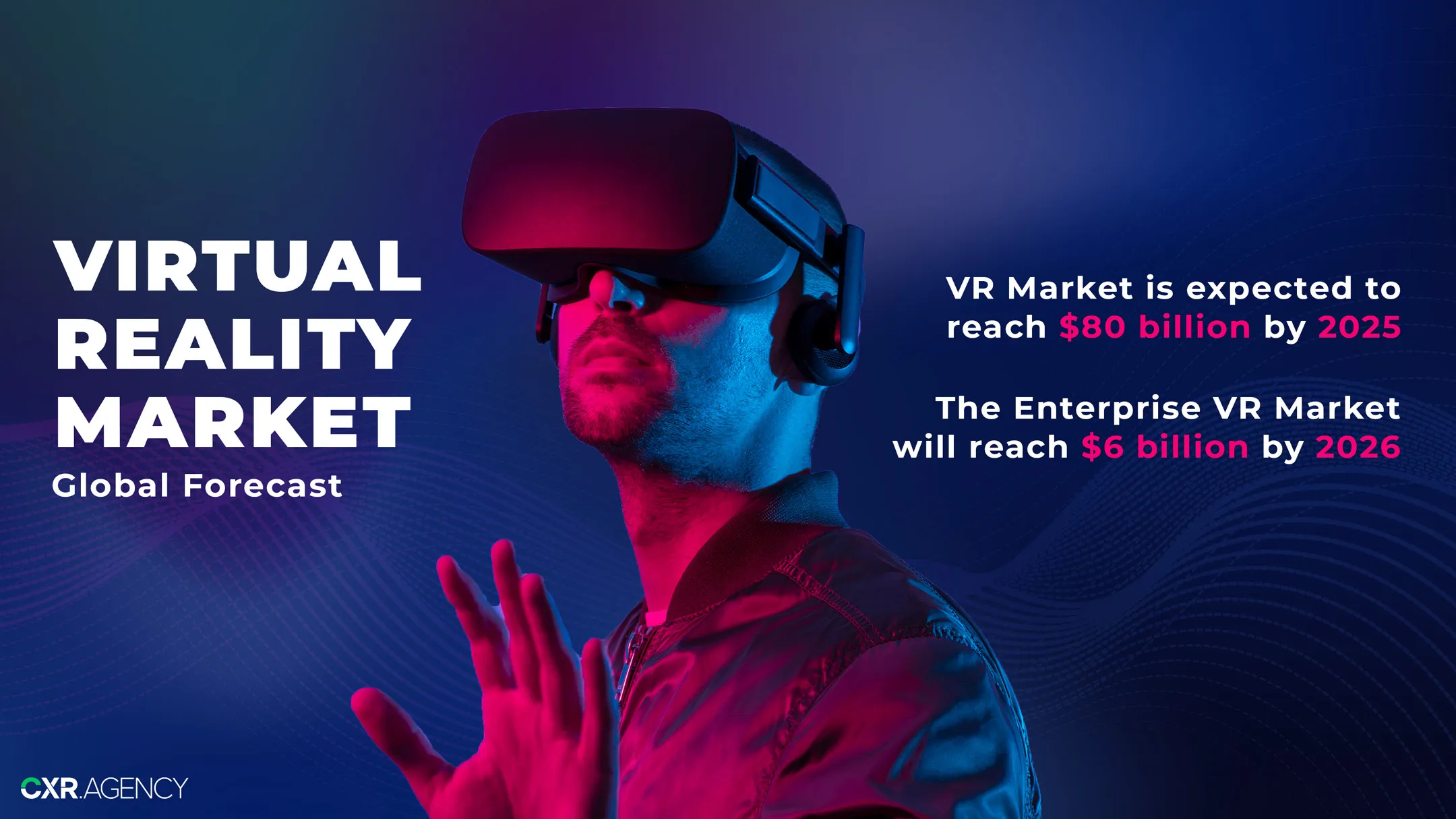
As VR technology continues to advance, it is expected to become increasingly prevalent in industrial and corporate training. Enterprise Adoption of VR technology is expected to be adopted by various industries for training, simulation, and collaboration purposes. Goldman Sachs predicts that the virtual reality market will reach $80 billion by 2025 and the enterprise VR market will reach $6 billion by 2026.
In conclusion, VR training solutions are providing a wide range of benefits to organizations that are adopting it for industrial and corporate training. By creating immersive, realistic simulations, improving retention of information, improving safety, and reducing costs, VR technology is disrupting traditional training methods and becoming increasingly prevalent in the industry.
Our mission is to reimagine how people interact with brands. To disrupt the status quo and uncover values others can’t find. To solve tomorrow’s business challenges in thoughtful, elegant ways. We aim to be strategic leaders in emergent technologies, innovators in user experiences. Our mission is to arm businesses for digital revolution. Check out our VR case studies at CXR.agency for more information